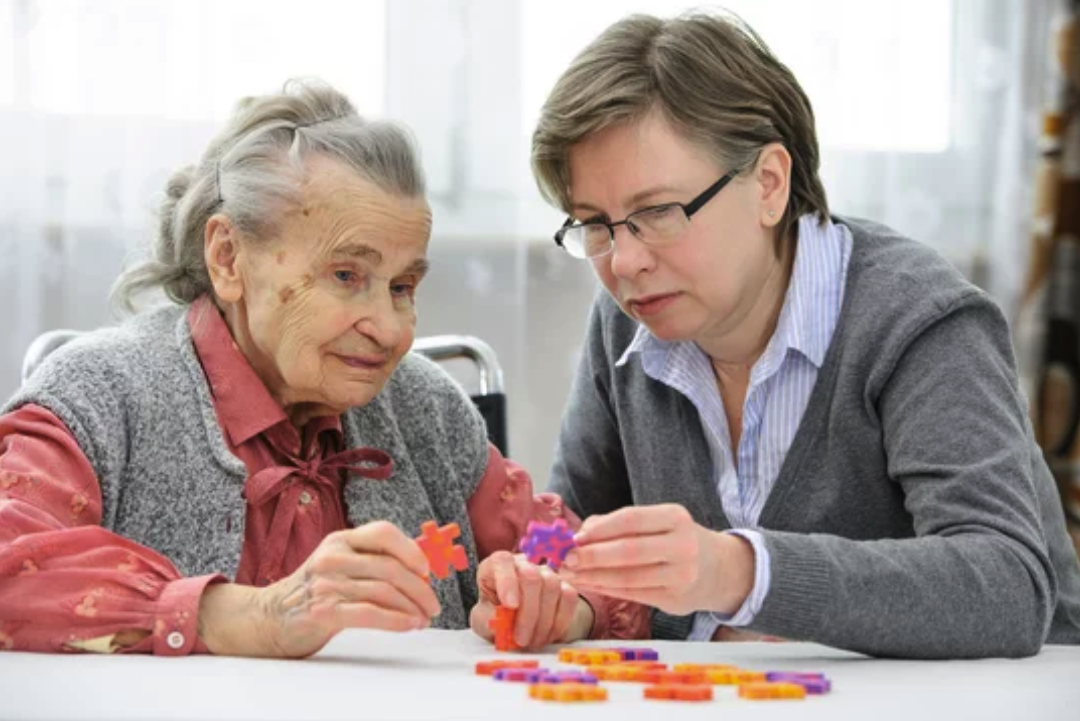As a caregiver for a loved one, preparing for end-stage dementia can be a daunting and emotional journey. At Smoky Mountain Home Health and Hospice, we are here to offer guidance, support, and the knowledge you need to navigate this difficult time.
Understanding the Symptoms of End-Stage Dementia
Understanding the Symptoms of End-Stage Dementia
In the final stages of dementia, a patient’s cognitive function will significantly deteriorate. They may lose the ability to communicate verbally and require assistance with most daily activities, such as eating, moving, and personal hygiene. Symptoms can also include frequent infections, difficulty swallowing, and significant weight loss.
Managing Physical Care
Managing Physical Care
At this stage, your loved one’s physical comfort is of paramount importance. Regular repositioning can help prevent bedsores, while gentle cleaning and skin moisturizing can keep skin healthy. A special diet or feeding techniques might be necessary to manage difficulties with eating and drinking.
Communicating with Your Loved One
Communicating with Your Loved One
Although verbal communication might be limited, non-verbal communication becomes increasingly important. Gentle touch, soothing music, reading to them, or just being present can provide comfort. Pay attention to their non-verbal cues to understand their needs and provide reassurance.
Navigating Emotional Challenges
Navigating Emotional Challenges
This can be an emotionally challenging time for both the caregiver and the patient. It’s normal to experience feelings of grief, frustration, and helplessness. Remember to take time for self-care and seek emotional support when needed.
Understanding Medical Decisions
Understanding Medical Decisions
In preparing for the end-stages of dementia, it’s crucial to have a clear understanding of your loved one’s wishes regarding medical decisions. Discussions should have taken place early in the diagnosis about topics such as resuscitation, hospitalization, and artificial feeding. Having an advance care plan can guide these decisions and ensure the patient’s wishes are honored.
Enlisting Professional Help
Enlisting Professional Help
Bringing in professional help such as hospice care can provide the necessary support and respite for caregivers. Hospice care teams can provide pain management, emotional support, and assistance with personal care tasks. They are also a valuable resource for caregivers, offering guidance and emotional support.
Grief and Bereavement
Grief and Bereavement
It’s important to recognize anticipatory grief – the grief experienced before a loss – and understand it’s a normal part of the process. Bereavement support, such as counseling or support groups, can provide a safe space to express feelings and share experiences.
End-Stage Dementia is Challenging
End-Stage Dementia is Challenging
The journey through end-stage dementia is challenging, but with the right knowledge, support, and resources, it can be made more manageable. As a caregiver, your role is vital in ensuring your loved one’s comfort and dignity during their final journey. At Smoky Mountain Home Health and Hospice, we are here to support you every step of the way. Contact us today to learn how we can help you.





